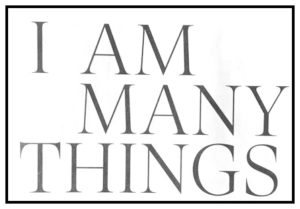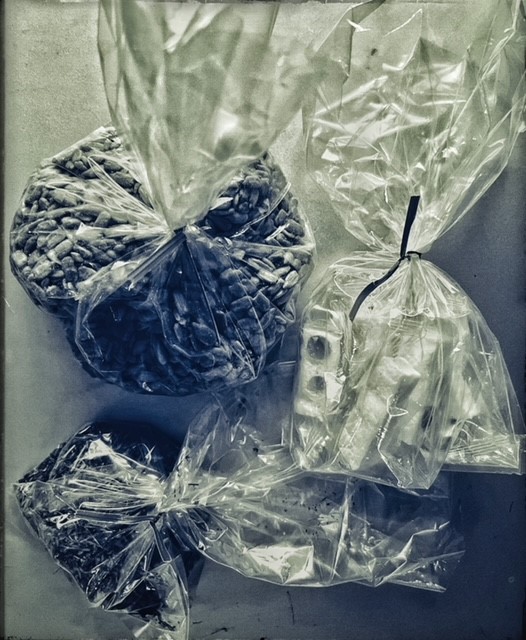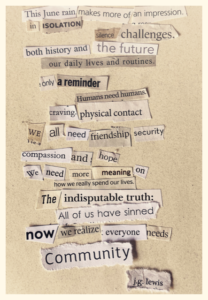 Our identity is as much who we are, as who we want to be.
Our identity is as much who we are, as who we want to be.
Who we are; it’s complicated (I know I am) and every once in a while we need to remind ourselves of what makes us unique, interesting, desirable, and worthy.
I am so many things; defined as much by what I do as what happens to be.
I am, above all else, a father. The aspects of that role alone change, and will continue to change, as time passes. The importance is not lost on me, nor is it expected.
I am a brother. I am an orphan of sorts. I am a friend. I am a lover. I am an individual, but I am part of something quite magnificent.
I am not alone.
I don’t subscribe to a particular religion, but I do have faith. I won’t simply cop out and say I am spiritual; I was raised Christian and I do not know enough about the alternatives, so, right now, it is what I know.
I am open to change.
I am Canadian. I was born here; it is what I have always known.
I am curious. I am kind. I am present.
I am aware.
I am a poet and I am a writer. I choose to differentiate because the roles are not interchangeable, and I will flip back and forth depending on the mood or the muse. Words do not limit me.
I am who I am, more than what I am.
I am a historian in as much as I’ve learned the lessons of the past will, often, temper decisions I make about the future. I am here, and I will not go back there.
I am flawed, at times fucked up, yet I see my shortcomings as opportunities to heal, to change, and to be more understanding of those who, like me, can easily be led astray (curiosity does have consequences).
I am a sinner, and not purposely so. Perhaps “survivor” would be more apt. I have done what I needed to do.
I am grateful, and I am ashamed.
I am myself.
I am a man, but more so; I am human.
I am a possibility.
I am many things. More importantly, I could be more.
© 2019 j.g. lewis



